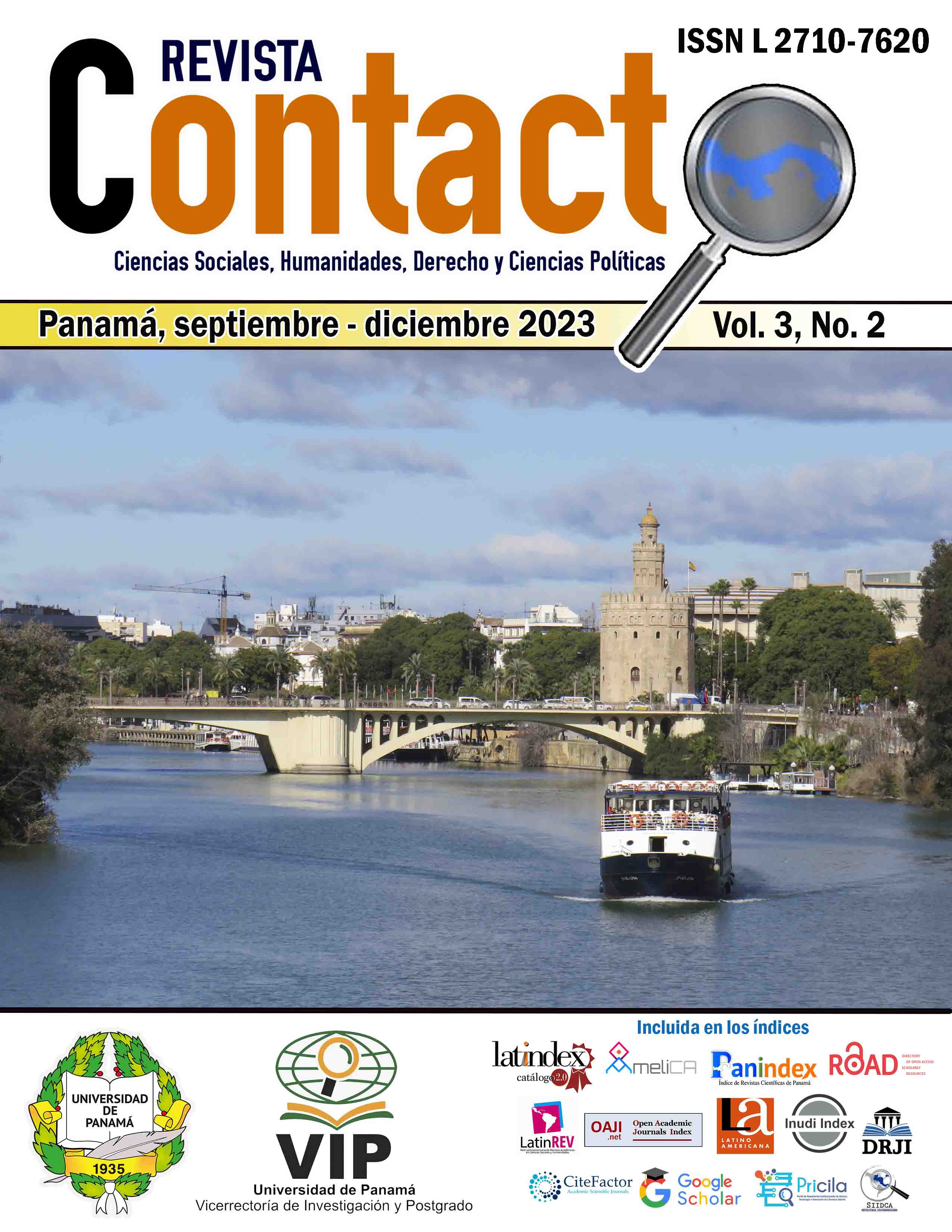

Copyright (c) 2023 Revista Contacto

This work is licensed under a Creative Commons Attribution-NonCommercial-ShareAlike 4.0 International License.
This article aims to establish the relationship between emotional intelligence and institutional leadership in a Higher Education organization in Santiago de Veraguas, Panama. The research is part of the non-experimental design, field and descriptive - cross-sectional level. The study population consisted of sixty (60) university professionals who hold administrative and teaching positions with management functions within the Institution of Higher Education. The sample was of a random intentional non-probabilistic type of simple selection, since it corresponded to the number of thirty-two (32) administrators and professors who also have management positions within the Institution of Higher Education. For the collection of information, the survey technique was used with the instrumental support of the questionnaire, which was structured into four (4) sections: a. current situation of business leadership; b. characteristics of emotional intelligence that drive business leadership; c. elements of emotional intelligence that affect business leadership; d. weaknesses in the role of emotional intelligence before the performance of business leadership. In this regard, the study concludes that there is currently a lack of interest in carrying out new actions or alternatives where projects of growth and collective interest are involved, to improve the development of workers and thereby strengthen the current leadership; In this way, it is evident that despite the fact that the leaders have adequate emotional intelligence to guide the worker or their group, this lacks objectivity when their personal or collective development is not sought.